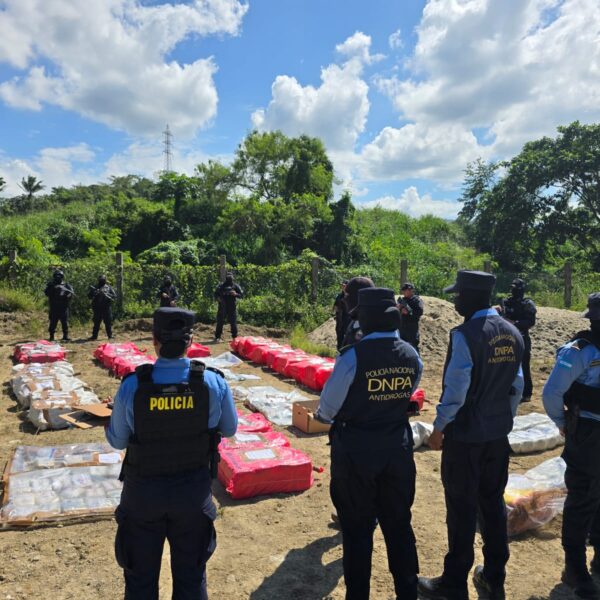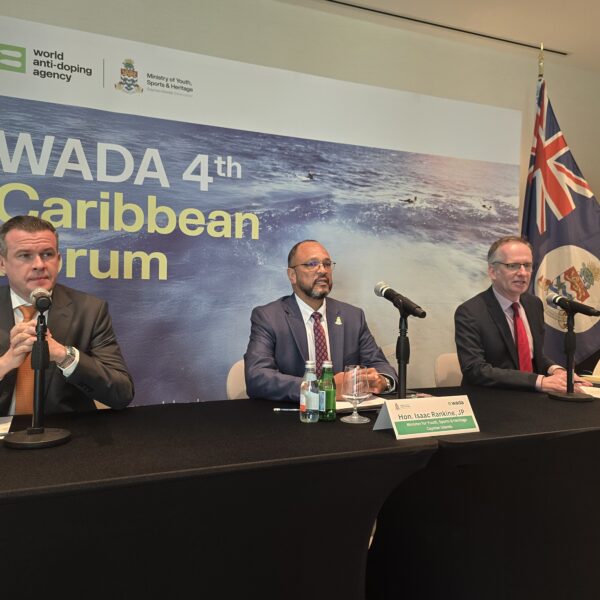
|
Getting your Trinity Audio player ready...
|
Financial Action Task Force Press Release
The FATF has made major changes to the criteria for putting countries on its lists to relieve pressures on least developed countries and focus on those countries posing greater risks to the international financial system.
The FATF identifies jurisdictions with strategic deficiencies in their system for fighting money laundering, terrorist financing and proliferation financing. The FATF, together with the relevant FATF-style Regional Body, if applicable, works with these countries via a peer-led process to close the loopholes that allow illegal financial flows, which in turn fuel life-destroying crimes, including abhorrent acts like human trafficking or child sexual exploitation, as well as acts of terror which by nature are meant to cause death and suffering.
The impact of illicit financial flows is felt most strongly by the least developed countries as it impedes sustainable development. Proceeds of crimes, such as tax evasion, corruption, organized crime, divert billions of dollars annually away from essential public goods like education and health. Depriving criminals from their ill-gotten gains is crucial to help these countries building robust economies and societies.
The changes made by the FATF will ensure the listing process better targets the countries that pose the greatest risk to the international financial system and contributes to more adequate support to low-capacity countries.
Under the revised criteria, jurisdictions will be prioritised for active review if they meet the referral criteria and are: (1) an FATF Member; (2) a country on the World Bank High-Income Countries list (excluding those with a financial sector of two or fewer banks); or (3) a country that has financial sector assets above USD 10 billion (measured by broad money). If the jurisdiction is a least developed country as defined by the United Nations, they would not be prioritised for active review unless the FATF agrees that they pose a significant money laundering, terrorist financing or proliferation financing risk. In such cases, least developed countries entering the review process could be granted a longer observation period to work on progress against their Key Recommended Action roadmap (i.e., a two-year observation period).
These changes will apply for the next round of assessments. The FATF anticipates that these reforms could reduce by half the number of low-capacity countries being listed in the upcoming assessment cycle.
Background on the FATF Listing Process
The grey list identifies countries with strategic deficiencies in their AML/CFT system. Using a tailored action plan, countries on the grey list are assessed by and work with a group of experts to fix the gaps in their system. It is a peer-led process – the experts, who come from the region and around the world, offer guidance on where the country should focus its often-limited resources to make the most significant impact to reduce illicit financial flows. This allows listed countries to build a more robust system and better defend themselves against financial crime – ultimately benefitting not only the country, but also the global financial system.
FATF changes its grey listing criteria to further focus on risk (fatf-gafi.org)
2022 Procedures for the FATF AML/CFT/CPF Mutual Evaluations, Follow-Up and ICRG (fatf-gafi.org)







